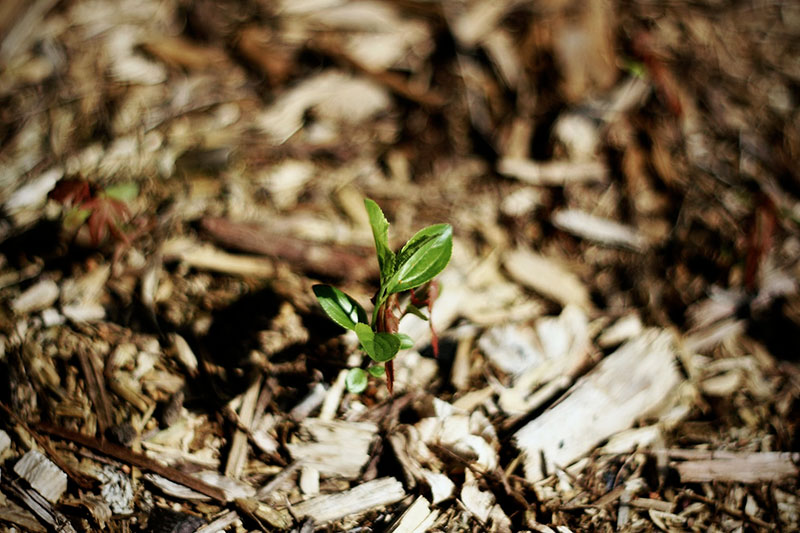Advertisement
Although Americans spend nearly $1 billion on mulch annually, most people probably find mulching to be a boring topic. Even when addressing an avid room of gardeners, one should prepare to see eyeballs reflexively roll if the topic is broached. And this is by no fault of the mulch itself, as it is a gardening tool that is either underutilized or misunderstood by the gardening community at large.
A proper mulch routine can be a great way to protect a garden from arid conditions, soil erosion, and temperature fluctuations. In addition, mulch can act as a barrier to suppress weeds and protect plants from pests and disease.
Wondering if you’ve been mulching correctly? Keep reading as we will go over all the ins and outs of making sure the process is done correctly. Be sure to stick around to the end as we will even give tips on how to find the right mulch near you.
What is Mulch?
Many different types of mulch are used for different purposes and are made up of disparate ingredients. However, in general, mulch consists of broken-down organic plant matter that is spread around garden beds to provide a useful layer of protection. This organic matter can be anything from shredded leaves and straw to newspaper and grass clippings. Shredded or chipped bark is also a popular and attractive option.
There are also inorganic options available as well that can include landscape fabrics, gravel, and plastics. These options may be cheaper and often do a good job of blocking weeds, but they add no nutritional value on their own.
Which type of mulch is right for you will largely depend on personal preferences and needs. For example, if you are looking for a long-lasting organic mulch, try tree bark, as it won’t break down as fast as other organic options.
What is Mulching Good For?
Mulch is one of the best tools that a gardener who struggles with irrigation issues has. This is because mulch can be placed around a garden strategically to help with issues such as soil that is too compacted, or a bed that erodes every time it is watered.
Putting mulch down can also be a great way to do preventative winter maintenance on a garden as it helps regulate ground temperatures and helps prevent the worst outcomes in terms of frost damage. This doesn’t mean that mulch should be left spread over turf, as it will likely smother grass if applied too thickly.
How Often Should a Garden be Treated with Mulch?
Mulching is traditionally thought of as a fall task, though it can be undertaken any time of year if there is use for it. The reason why it is done in the autumn is that mulch can provide a useful layer of insulation for plants and trees that will be wintering over. For example, a layer of mulch can help protect exposed tree roots from the ravages of road salt in the winter.
For a proper mulch application though, it is more about the total amount used. It may seem like you can’t pile too much mulch on top, but in general, anything more than an even inch or two is likely overkill. Putting too much mulch down can have a detrimental effect on the very aspects mulching is supposed to help with such as proper water retention and drainage.
How Can I Find Good Mulch?
One of the most important aspects of mulching is finding a reputable local purveyor. A local outfit will be able to accurately diagnose your garden’s needs and provide you with a product that is suitable for your locale. And while you might think that mulch supply and delivery in Cumberland, MD would be much the same as in Evansville, IN—this is rarely the case. Differences can include everything from the product line of mulches available to the price point—all of which can vary drastically from location to location.
But why shouldn’t you trust a nationally marketed bag of mulch? Well, because mulch from one area most likely isn’t suitable for another where the climate and soil are likely vastly different. Therefore, a national mulch is a bit of a misnomer in a country the size of the U.S., where climate and mulch need can vary so widely from state to state.
When in Doubt Mulch it Out
In conclusion, mulch may not be the hottest gardening topic, but it is an important one. Proper mulching can make a huge difference in a garden’s health and looks. This is because quality mulch not only protects plants but nourishes them as well. All of which adds up to make mulch an indispensable tool for any gardener to have in their kit.
Have more questions or comments about mulching? Please don’t hesitate to reach out, we’re always happy to help. As always, thanks for reading!

